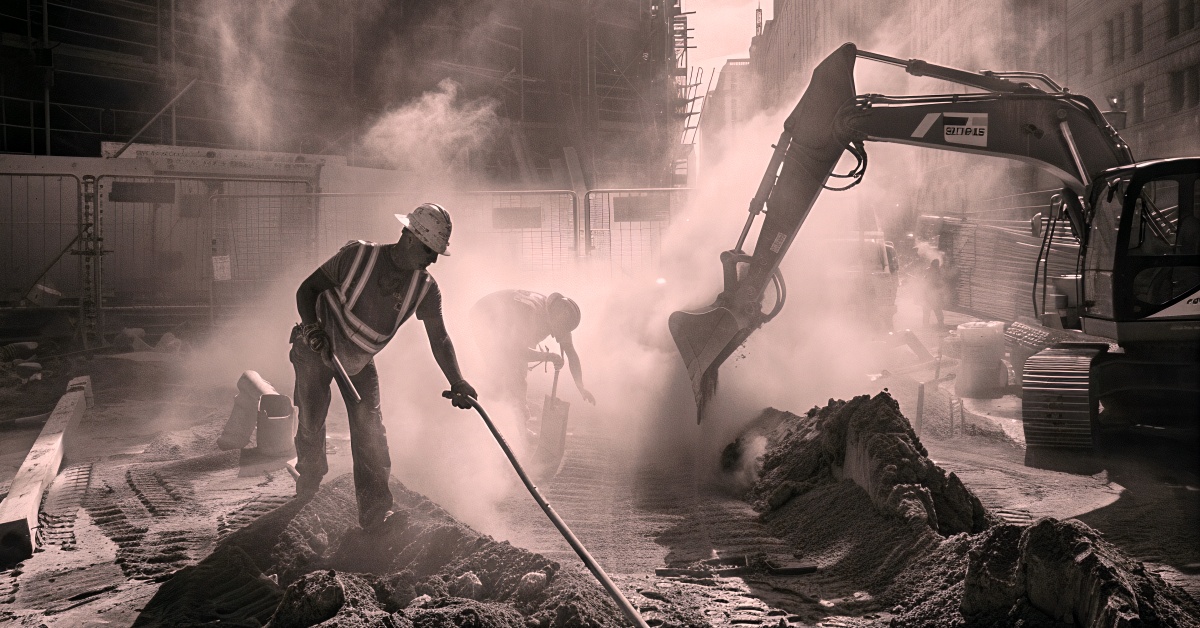
Liability waivers and limits are common issues in construction cases. A recent ruling from the New York Supreme Court reinforced such limitations, and here Casey Erick explains that opinion and also how Texas approaches the same topics.
NY Supreme Court Confirms Validity of No-Damages-for-Delay Clause in Construction Contracts
In a recent ruling on June 5, 2025, the Appellate Division, First Department of the New York Supreme Court reinforced the limitations on delay damages in construction contracts. The case of Gamma USA, Inc. v. Pavarini McGovern, LLC centered on the enforceability of a specific clause within the subcontract agreement between the subcontractor and contractor.
The court’s decision hinged on the clear and unambiguous language of Section 6.3 in the subcontract, which explicitly stated that the subcontractor waived any claims for additional costs or losses due to project delays. This clause, regardless of any other provisions in the agreement, squarely placed the responsibility and risk of delays on the subcontractor.
Despite the subcontractor’s arguments citing exceptions to the no-damages-for-delay rule, such as bad faith or fundamental breaches, the court found that the alleged actions, including inadequate planning and scheduling details, did not meet the threshold for intentional misconduct or severe breaches. The court deemed these issues as instances of poor management rather than deliberate malpractice, thus upholding the no-damages-for-delay clause as the deciding factor in the case.
How Does Texas View the No-Damages-for-Delay Clause?
Texas generally enforces no-damages-for-delay clauses in construction contracts, allowing parties to contractually bar monetary claims for delays. However, Texas recognizes important public policy exceptions to their enforceability.
The Texas Supreme Court, most notably in Zachry Construction Corp. v. Port of Houston Authority, (2014) confirmed several circumstances in which a no-damages-for-delay clause will not be enforced, regardless of contract wording.
Exceptions in Texas Law:
- The parties did not contemplate the delay to be covered by the clause.
- The delay resulted from fraud, misrepresentation, or other bad faith by the party seeking to enforce the clause.
- The delay lasted for such an unreasonable time that abandonment of the contract was justified.
- The delay was not within those specifically enumerated under the clause.
- The delay was caused by “active interference” or other wrongful conduct (including arbitrary/capricious acts, willful actions without due consideration, and disregard of the rights of the other party).
The New York ruling confirms that courts continue to enforce liability and damage limit clauses in construction contracts. Whether managed by an owner or a contractor, every job will inevitably encounter problems. So, before anyone “signs on the dotted line,” be sure to stop and review the proposed contract before the job starts.

